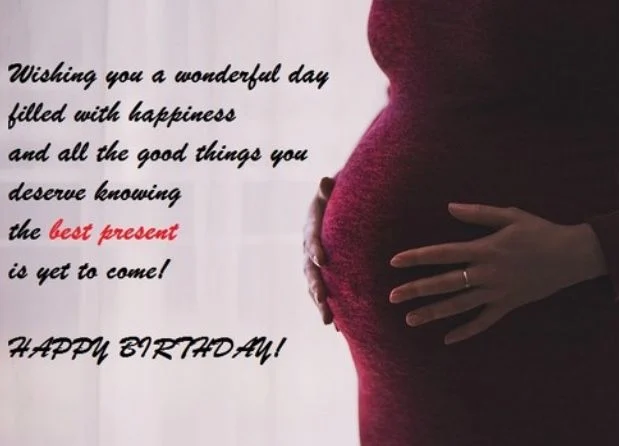Bringing a new life into the world is exhilarating, but let’s be real—it’s also a wild ride filled with stress. While those first days of motherhood are often painted as blissful, they can be incredibly overwhelming. I can’t count the number of times my sleep-deprived, hormone-riddled mind turned me into a teary, incoherent mess.
Sure, I knew parenting would be challenging. I was prepared for the sleepless nights, the selflessness, and the demands that would stretch me to my limits physically and emotionally. What I wasn’t ready for was the sudden surge of sadness and frustration, the anxiety, and the lingering feeling of resentment. After all, I had longed for this moment—to hold my beautiful baby boy.
But after his arrival, something felt amiss. That magical connection everyone talks about? The one filled with unconditional love? It was absent. Instead, I felt detached, like I was holding a stranger’s child. I brushed these feelings off as mere hormonal shifts or the sheer exhaustion from my 36-hour labor. But as time passed, the gap between me and my baby widened.
As the weeks rolled on, I found myself grappling with an unshakable sadness and bitterness. What I was experiencing wasn’t just a rough patch; it was postpartum depression (PPD)—something I hadn’t yet recognized. So how can you differentiate between the temporary baby blues and the more serious PPD?
Here’s the silver lining: the baby blues are typically short-lived, lasting less than two weeks and often resolving on their own. During that time, you might feel sad, overwhelmed, or anxious about your new reality. However, the key difference is that these feelings usually ebb with reassurance and time. You’ll find your confidence as a parent grows, and your desire to escape diminishes as you bond with your baby.
Distinguishing between the two can be tricky since they share a lot of similar symptoms, like mood swings, crying spells, and irritability. According to HelpGuide.org, both conditions can involve emotional ups and downs. This overlap is what made it hard for me to seek help initially. I thought I just needed more time to adjust, but waiting only worsened my situation.
Symptoms of Postpartum Depression
Beyond crying and mood changes, PPD can manifest in various ways, including:
- Severe mood swings
- Intense feelings of anger or irritability
- Difficulty forming a bond with your baby
- Withdrawal from loved ones
- Changes in appetite (either eating much less or significantly more)
- Insomnia or oversleeping
- Overwhelming fatigue
- Loss of interest in activities you once enjoyed
- Feelings of inadequacy or guilt
- Inability to concentrate or make decisions
- Recurring panic attacks
- Thoughts of harming yourself or your baby
- Persistent feelings of worthlessness or despair
If you experience any of these symptoms for more than two weeks, it’s crucial to reach out for help. You deserve support.
Remember, every mother’s experience is unique. While my PPD journey was marked by intense emotions and dark thoughts, not every woman will face the same battles. The presence or absence of specific symptoms doesn’t determine whether you have PPD. However, if you find your emotions are overwhelming, intrusive thoughts are present, or if your mood is interfering with daily life, seeking help is vital. There’s no shame in asking for support, and it’s always better to err on the side of caution.
If you suspect you might be dealing with PPD or just need a little extra support, resources are available. For more information, check out this helpful resource.
For additional insights on conception and the journey into parenthood, you might find our post on home insemination kits informative, or read about this related topic.
In summary, while both the baby blues and postpartum depression share some symptoms, they are fundamentally different in duration and impact. Understanding these differences can empower new mothers to seek the help they need and deserve.
